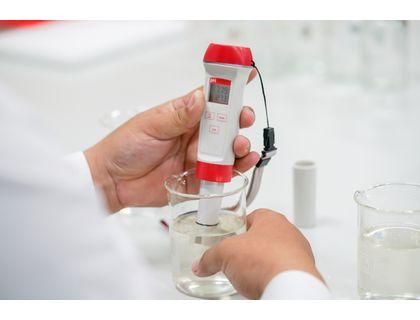0800 011 4531
Call FREE: Mon-Thu: 08:30-17:00 Friday: 08:30-16:00
The concepts of hard water and soft water are not unknown to the public, although often most people don’t use these particular terms. What we know as hard water is caused by the presence of calcium and magnesium in water. The level of concentration of these elements in water is what determines if it can be considered hard water or not. But is hard water bad for you? Eden analyses this below.
Water, before reaching consumers, goes through a series of geological formations. These determine the composition of water, including how much calcium and magnesium it contains, depending on the rock types present at water sources.
If the source area is made of limestone, the water will be harder. If, instead, the area is rich in silicates such as granite, the presence of calcium or magnesium in water will be reduced.
Calcium and magnesium are directly linked to the bubbles that appear in water when soap is added. If it’s hard water, soap is deactivated by these elements and a bigger quantity is needed to create bubbles.
Besides, when calcium and magnesium are abundant, it’s common that incrustations appear on taps and other areas exposed to the liquid.
But is hard water bad for you? It can certainly affect the human body. When hard water is drunk often, it can cause kidney stones, as this is the organ in charge of filtering water and eliminating residues. Calcifications are thus created and this can become a health problem.
However, while the World Health Organisation is yet to prohibit hard water consumption, they do recommend finding out how much calcium and magnesium the water you’re drinking carries and drinking soft water as often as possible.
Both in areas where hard water is found and in those where it’s unknown, the best option is to drink mineral water, especially at places where one spends lots of time like the workplace.
Water coolers are the right solution for companies to ensure the water employees drink is pure and eliminate the chances of consuming excessive calcium or magnesium. These include mineral water that has been checked both at it’s source and during the bottling process.
Once bottled, it’s sealed to prevent anything from altering its compositions. The result is a guarantee of pure, healthy, high-quality water. This becomes the best way to ensure adequate hydration all year round, eliminating risks related to hard water and having the chance to enjoy refreshing and healthy water without any concerns about excessive magnesium or calcium.
